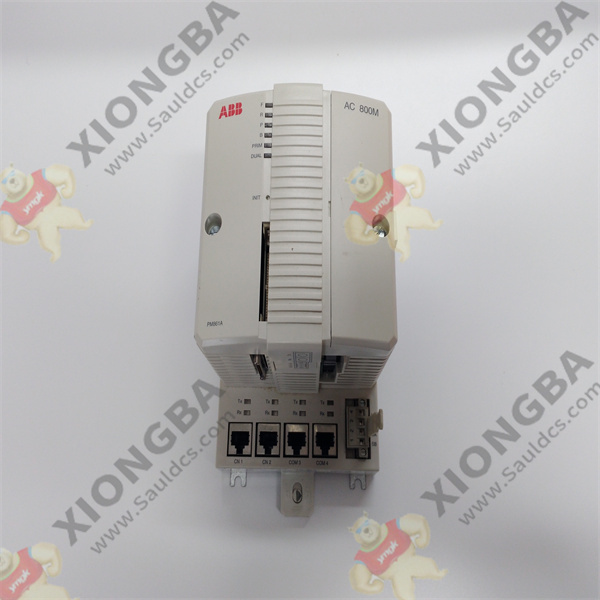Microsoft and Siemens are deepening their partnership to enable industries around the world to share the innovative achievements of generative artificial intelligence. As the first step, both parties will work together to launch a jointly developed artificial intelligence auxiliary tool – Siemens Industrial Copilot, aimed at enhancing human-machine collaboration capabilities in the manufacturing industry. In addition, the integration of Siemens Teamcenter product lifecycle management software with Microsoft Teams will further pave the way for the construction of an industrial metaverse. It will simplify virtual collaboration between design engineers, frontline staff, and other cross business functional teams.
Our shared vision with Microsoft is to empower customers with generative artificial intelligence, “said Roland Busch, CEO of Siemens AG
The new generation of artificial intelligence technology has created a rare opportunity for us to accelerate innovation in the industrial sector, “said Satya Nadella, Chairman and CEO of Microsoft Based on our long-term cooperation with Siemens, we combine the artificial intelligence achievements of Microsoft Cloud with Siemens’ professional knowledge in the industrial field. Starting with Siemens Industrial Copilot, we utilize new tools driven by artificial intelligence to empower frontline workers and knowledge workers
The New Era of Human Machine Collaboration
With the help of Siemens Industrial Copilot, users will be able to quickly generate, optimize, and debug complex automation code, and significantly shorten simulation time, completing tasks that previously took weeks in just a few minutes. Industrial Copilot obtains automation and

3BSE018157R1 PM861AK01
process simulation information from the Siemens Xcelerator open digital business platform, and utilizes Microsoft’s Azure OpenAI service to enhance users’ data capabilities. Customers have complete control over their own data, which will not be used to train underlying artificial intelligence models.
Siemens Industrial Copilot is committed to improving productivity and efficiency throughout the entire industrial lifecycle. Through natural language, maintenance personnel can receive detailed maintenance guidance, and engineers can quickly access simulation tools.
Vision: Artificial intelligence auxiliary tools serving various industries
In the vision envisioned by Siemens and Microsoft, artificial intelligence assistance tools will provide assistance to professionals in various industries such as manufacturing, infrastructure, transportation, and healthcare. At present, a large number of artificial intelligence auxiliary tools are planned to be put into use in manufacturing industries such as automobiles, consumer goods packaging, and mechanical manufacturing.
Schaeffler AG, an automotive supplier, was one of the earliest companies in the automotive industry to adopt generative artificial intelligence during the engineering design phase. This helps its engineers generate reliable code for programming industrial automation systems such as robots. In addition, the company plans to apply Siemens Industrial Copilot in its own operations to significantly reduce downtime and provide services to customers in the later stages.
Klaus Rosenfeld, CEO of Schaeffler Group, said, “Through this joint pilot, we will enter a new stage of productivity and innovation. Siemens Industrial Copilot will help our team improve work efficiency, reduce repetitive work, and unleash creativity. We are pleased to collaborate with Siemens and Microsoft on this project
Generative artificial intelligence promotes virtual collaboration
In order to elevate virtual collaboration between teams to a higher level, Siemens’ deep compatibility with Microsoft Teams’ Teamcenter application will be fully launched in December 2023. This new application utilizes the latest achievements of generative artificial intelligence to achieve the integration of various functions in the product design and manufacturing lifecycle. It integrates Siemens Teamcenter product lifecycle management (PLM) software with the Microsoft Teams collaboration platform to facilitate data acquisition for factory frontline workers and engineering teams. Thanks to this, millions of workers currently unable to access PLM tools will be able to contribute more easily to the design and manufacturing processes in their daily work.
 中文版
中文版




